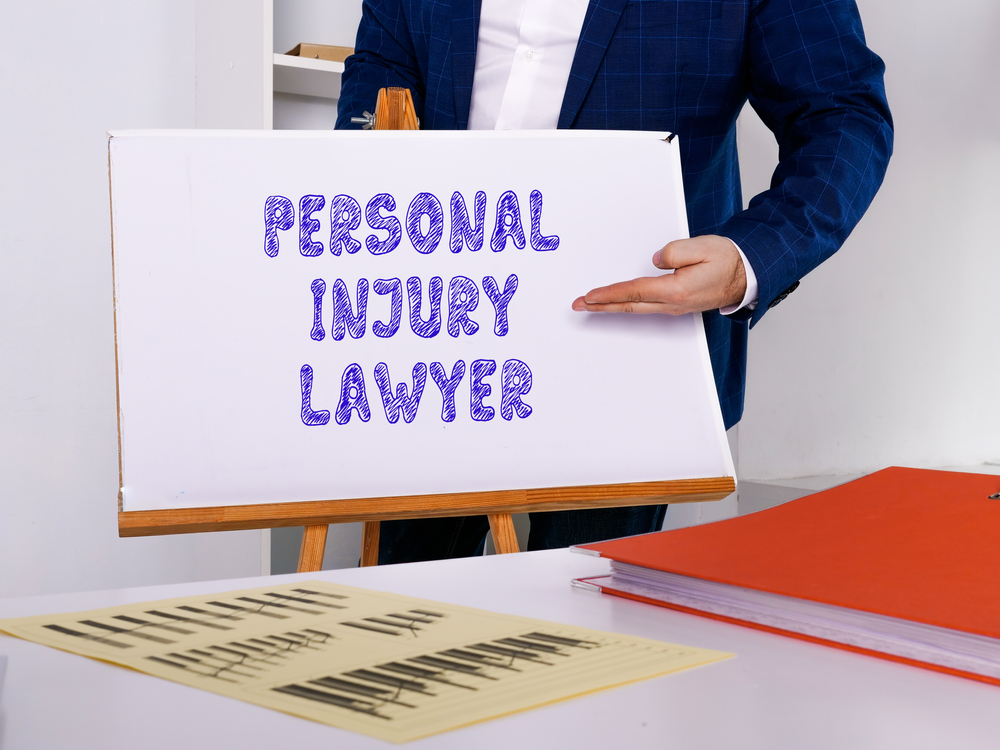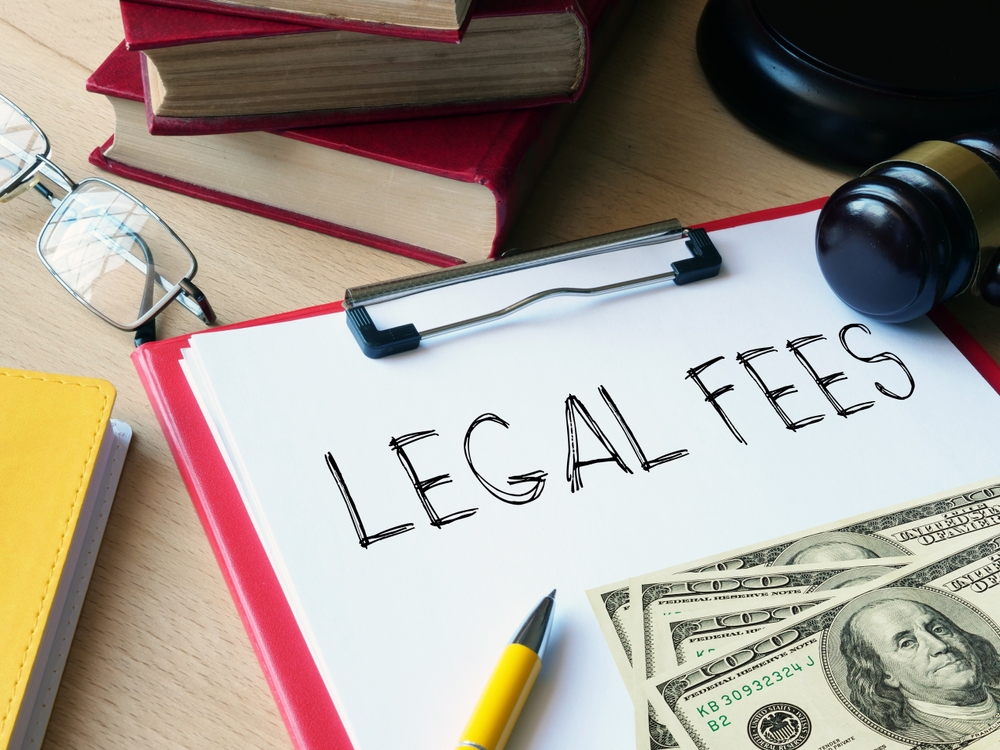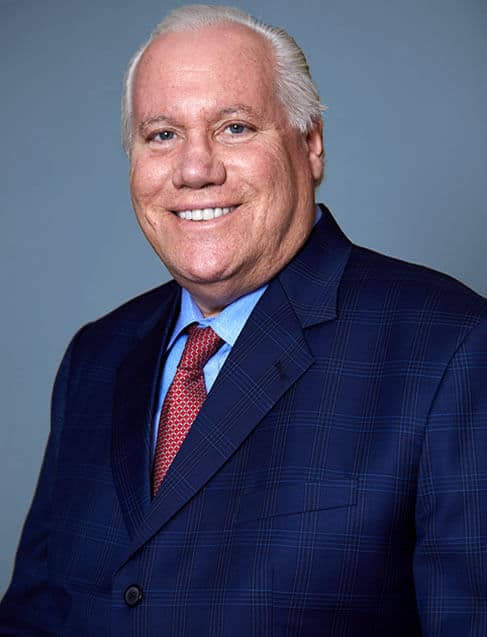After an accident, the days spent recovering at home are filled with phone calls to insurance adjusters, mounting medical bills, and uncertainty about the future. Your focus should be on healing, but the pressure to make decisions is immense.
Choosing legal representation is one of the most significant steps you will take on your path to recovery. Finding the right personal injury lawyer is not about picking the first name you see on a billboard; it is about finding a dedicated advocate who aligns with your specific needs and has a proven ability to secure the compensation you deserve with our New York personal injury attorney today!
Schedule a Free Case Evaluation
Finding a Lawyer Who Handles Your Type of Injury Claim
Not all injuries happen the same way, and not all lawyers handle the same cases. The first step in your search is to match a lawyer’s background with the facts of your accident.
An attorney who primarily handles car crash claims may not be the best fit for a case involving a fall at a construction site. You need a legal team with experience handling your type of case.
Think about the circumstances of your injury. Your case will likely fall into a specific category, and you should look for a lawyer with a history of success in that area.
- Vehicle accidents: These include incidents involving cars, large trucks, taxis, motorcycles, or pedestrians. Some lawyers have a particular focus on the severe injuries caused by commercial truck collisions.
- Unsafe property conditions: This category covers injuries that happen on someone else’s property due to a hazard the owner should have fixed. A common example is a slip and fall on a wet floor in a store or a trip over a broken sidewalk.
- Accidents at work sites: Construction sites are filled with hazards. Cases in this area often involve falls from ladders or scaffolding, equipment malfunctions, or injuries from falling objects on an unsafe work site.
- Medical mistakes: When a doctor, nurse, or hospital fails to provide an acceptable standard of care and causes harm, it may be a case of medical malpractice. This includes surgical errors, misdiagnosis, or birth injuries.
- Catastrophic injuries: These are life-altering injuries, such as brain damage, spinal cord injuries, or severe burns, that require extensive, lifelong care. These cases demand a lawyer who understands the long-term financial and personal costs.
Identifying your case type narrows your search to attorneys who have successfully overcome circumstances like yours. Their familiarity with the specific laws and tactics involved gives you a meaningful advantage.
Key Qualities of the Right Personal Injury Lawyer for Your Case
Once you identify lawyers who handle your type of claim, you must dig deeper to evaluate their qualifications. A flashy website or a confident sales pitch does not guarantee results.
You are looking for concrete evidence of their ability and a professional approach that gives you confidence. The right attorney will have a history of success, a willingness to go to trial, and respect from their peers.
Verifiable results and case histories
Actions speak louder than words. A reputable attorney provides transparent information about their past results. While every case is unique and past success does not guarantee a future outcome, a consistent history of securing substantial settlements and verdicts is a strong positive signal.
When reviewing a lawyer’s background, look for:

- Detailed case results: Do they provide specific examples of verdicts and settlements they have won for clients? Look for cases similar to yours. For example, if you were hurt in a truck accident, see if they have a history of winning truck accident cases.
- Client testimonials: What do former clients say about their experience? Reviews can offer a glimpse into the lawyer’s communication style, responsiveness, and dedication.
- A focus on financial recovery: The purpose of a personal injury claim is to get you the financial resources needed to cover your medical bills, lost wages, and pain and suffering. Their results should show an ability to achieve that for others.
Trial experience matters
The vast majority of personal injury cases settle out of court. However, a lawyer's willingness and readiness to take a case to trial is a powerful tool. Insurance companies are businesses, and their goal is to pay out as little as possible.
They know which lawyers will likely accept a lowball offer to avoid a trial and which ones will fight for their client before a jury.
A trial-ready attorney provides several benefits:
- Increased leverage: When an insurance company knows your lawyer is prepared for trial, their settlement offers are often higher and more serious from the start.
- Courtroom confidence: Should your case go to trial, you want someone who is comfortable and effective in a courtroom setting.
- Thorough case preparation: Lawyers who prepare every case as if it will go to trial are often more meticulous in their investigation, evidence gathering, and strategy development.
Ask any lawyer you consider about their trial experience. An attorney who regularly tries cases is demonstrating a commitment to securing the full value of a claim, not just a quick settlement.
Peer recognition and professional awards
The legal community is a small world. When a lawyer is recognized by their peers for their skill and ethical standards, it speaks volumes. While awards are not the only measure of a lawyer's ability, they serve as a form of third-party validation from other legal professionals.
Here are some signs of professional respect to look for:
- Inclusion in lists like Best Lawyers in America or Super Lawyers.
- Leadership positions in legal organizations, like a state or local trial lawyers association.
- A history of teaching or publishing articles on legal topics.
- High ratings from legal directories like Avvo or Martindale-Hubbell.
These honors suggest that the lawyer is not just good at marketing but is genuinely respected for their legal work.
How Do Personal Injury Lawyers Get Paid?
The cost of hiring a lawyer is a major source of anxiety for many injured people. You are already dealing with medical bills and lost income; the last thing you need is another expense.
Reputable personal injury attorneys work on a payment structure designed to remove this barrier, allowing you to seek justice without any upfront cost.
The contingency fee model explained
Nearly all personal injury lawyers work on what is called a contingency fee basis. This arrangement is straightforward and benefits the client.
A contingency fee agreement includes these key features:

- No upfront fees: You do not pay the lawyer anything out of pocket to hire them or to get your case started.
- The lawyer's fee is contingent on winning: The attorney only gets paid if they successfully recover money for you, either through a settlement or a court verdict.
- Payment is a percentage: If you win, the lawyer’s fee is a pre-agreed-upon percentage of the total amount recovered. This percentage is standard and will be clearly outlined in your agreement.
- No recovery, no fee: If the lawyer does not win your case, you owe them nothing for their time and effort.
This model aligns the lawyer’s interests with yours. They have a direct financial incentive to work hard and maximize the amount of compensation you receive.
The Consultation: Your Chance to Interview Them
The free consultation offered by most personal injury lawyers is more than just a sales pitch. It is a critical, two-way interview. It is your opportunity to evaluate the attorney’s personality, communication style, and legal strategy.
It is also their opportunity to assess the merits of your case. You should go into this meeting prepared to ask questions and ready to observe how they interact with you.
Preparing for the meeting
To make the most of your consultation, gather any documents and information you have related to your accident and injuries. The more information you can provide, the better the lawyer can evaluate your claim.
What to look for during the conversation
Beyond the lawyer’s qualifications, you are looking for a partner you can trust during a difficult time. Pay attention to how they make you feel and how they communicate.
Does the Lawyer Listen to You?
You are the one who experienced the accident. Your story is the most important piece of evidence. A good lawyer will listen intently before offering their opinion.
Do They Clearly Explain Their Strategy?
After hearing your story, the lawyer should be able to provide a preliminary assessment of your case. They should be able to outline the next steps and explain their proposed strategy in a way you can follow.
Frequently Asked Questions About Choosing a Lawyer
Here are answers to some common questions people have when starting their search for legal help.
How much does it cost to talk to a personal injury lawyer?
Absolutely nothing. Reputable personal injury firms offer a free initial consultation. This meeting allows you to discuss your case with an attorney, ask questions, and learn about your legal options without any financial commitment or obligation to hire the firm.
What if my injury happened at my job? Can you help?
This is a common point of confusion. While most on-the-job injuries are handled through the workers' compensation system, which we do not handle, there is a major exception.
If the negligence of a third party caused your injury on a work site, someone other than your direct employer, like a general contractor or a different subcontractor on a construction site, you may have a personal injury claim in addition to your workers' compensation benefits. We handle these third-party claims for injured workers.
How long do I have to file a personal injury claim in New York?
In New York, the time limit to file a personal injury lawsuit, known as the statute of limitations, is generally three years from the date of the injury for most negligence cases.
However, the law contains many exceptions. For example, you must file a formal notice of claim in as few as 90 days for cases against government bodies like cities or transit authorities. Cases involving medical malpractice also have different deadlines.
Because these time limits are strict, you should contact an attorney immediately to protect your rights. .
What if I think I was partially at fault for the accident?
You should still speak with a lawyer. New York follows a "pure comparative negligence" rule. This means you can still recover compensation even if you were partially at fault.
An experienced lawyer will explain these legal concepts during the initial consultation.
What should I bring to my first meeting with a lawyer?
Bring all documents related to your accident. This includes any police or accident reports, photos or videos of the scene and your injuries, contact information for witnesses, and all medical records and bills you have received. Also, bring any letters or emails you have exchanged with an insurance company.
The more information you provide, the more effectively the attorney can assess your claim.
What is my role in my own personal injury case?
Your primary role is to focus on your medical treatment and recovery. You also serve as the most important source of information for your legal team.
Your lawyer will need you to communicate openly about your injuries, your medical care, and how the accident has affected your life.
You must attend doctor's appointments and follow your treatment plan. Your commitment helps your lawyer build the strongest possible case for the compensation you deserve.
How will my lawyer get paid, and what costs will I have to cover?
Your lawyer works on a contingency fee basis, meaning the firm only receives a fee if it recovers money for you. This fee is a percentage of the total settlement or verdict.
The law firm also typically advances all costs required to investigate and pursue your case, such as fees for expert witnesses, court filings, and obtaining records. If your case succeeds, your attorney will deduct these costs from the total recovery along with their fee.
If you do not win, you owe the firm nothing for their time or the costs they advanced.
Your Path to Justice Starts with a Single Conversation

Hiring a personal injury attorney is a decisive first step toward protecting your future. By focusing on a lawyer's specific background, verifiable results, trial readiness, and transparent fee structure, you can find a legal advocate who is truly right for you.
Secure a partner who will handle the legal burdens, allowing you to focus completely on your health and recovery.
If you or a loved one has been seriously injured, do not hesitate to seek the guidance you need. Contact the team at Queller Fisher today for a free, no-obligation consultation to discuss your case. Call us at (212) 406-1700 to take the first step.